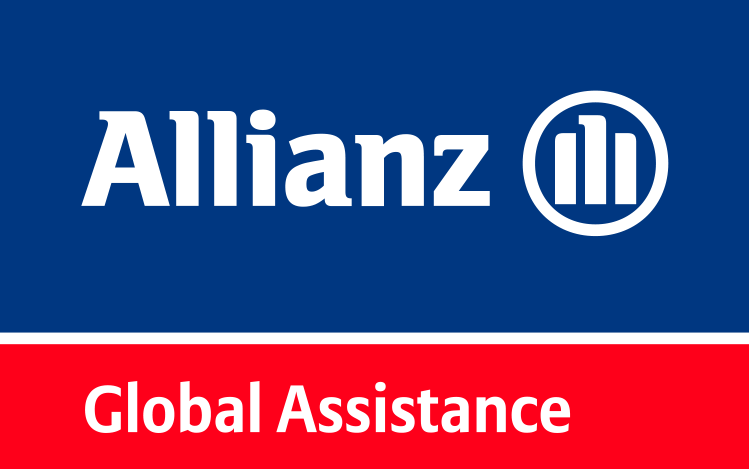France is quite a safe destination for travellers. Even in big cities, there isn’t much risk of getting into serious trouble.
With the exception of the 2015 terrorist attacks, violent crimes don’t happen very often and usually away from tourist areas. However, petty crimes like pickpocketing are common, and travellers should take the same common sense precautions that they would in any busy centre. If you are travelling to regional or coastal areas, there’s a risk of a natural disaster affecting your trip — depending on the season.




